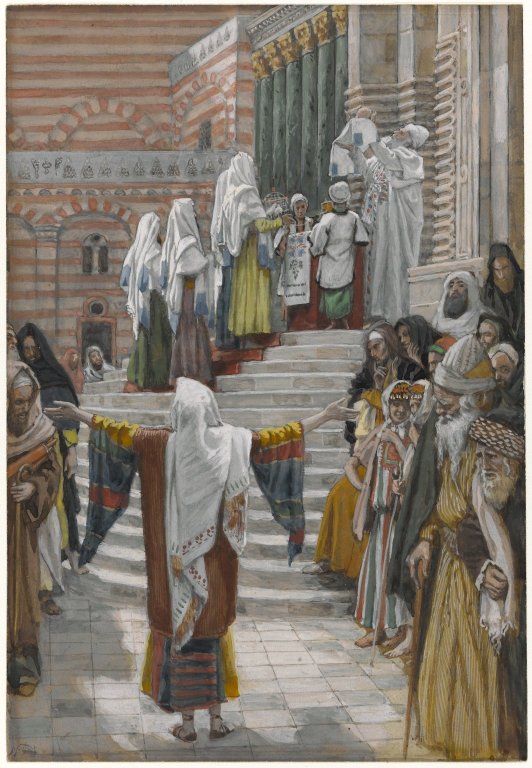As you grow professionally, your viewpoints change. You might have heard the expression, “move up the level of abstraction,” but when you do so, you start finding some kind of universality among the things that used to look different to you. Meaning, you become “smart,” because it means you become able to apply one principle to another more flexibly. In business, a manager needs not know every detail of the operation on the ground; in fact, that is just impossible. However, there are general principles in management and leadership.
Although, when your viewpoint changes, it becomes less easy to communicate with people you used to spend time with. Here, there is the life challenge of encountering and parting. Parent(s) would tell a child who aspires to start up a promising business, “A government job is better.” Parent(s) and teachers would advise a child or student to become a doctor or lawyer as these are the most stable occupations, and the child or student would respond, “Those kinds of jobs will be replaced with AI.” The gap between their perspectives is hard to fill.
It is rather unusual to be able to keep in touch with friends from elementary school, because as we grow up, the community that we interact with will change. The Law of Attraction basically means that one is only capable of communicating with people of the same level as oneself. In other words, you don’t get to join a community higher up; without exaggeration, you simply wouldn’t be able to follow their conversation. And when you leave one community to join another, people who have been around you would say, “Why are you leaving?” or “Let’s keep up our relationship.” They say these out of good intentions but try to hold you back. The above-mentioned parents and teachers’ reactions are typical examples.
In the Gospel of Matthew, we find the following:
Do not think that I have come to bring peace to the earth. I have not come to bring peace, but a sword.
For I have come to set a man against his father, and a daughter against her mother, and a daughter-in-law against her mother-in-law.
And a person’s enemies will be those of his own household.
Matthew 10:34–36 (English Standard Version)
To study Jesus’s teachings is to view things from Jesus’s perspective, that is, from the high level of abstraction that he sees. What it means is to part from the world you have lived. That is why Jesus said that he did not come to bring peace, but a sword. That he came to set family members against each other.

Online Collection of Brooklyn Museum; Photo: Brooklyn Museum, 2006, 00.159.27_PS1.jpg
Similar messages are found in Buddhism, too.
To a mother who is crying for her deceased daughter, Buddha says:
Mother.
“Jiva, my daughter,” you cry in the woods.
84,000 all named Jiva have been burned in that charnel ground.
For which of them do you grieve?”
“Therigatha: Verses of the Elder Nuns,” Translated by Thanissaro Bhikkhu (Japanese translation by Hajime Nakamura)

Honestly, if someone around me said this, I would think, what a heartless person, but this extremity is what characterizes Buddha.
Let me continue with other Buddhism-related episodes. There is the famous story of the Mustard Seed, the one about Buddha’s conversation with Kisa Gotami. This story is found in the commentaries to the Dhammapada (i.e. Dhammapada Atthakatha, Dhammapada is a collection of sayings of the Buddha), and is often quoted in Japan, too.
There is a young lady named Kisa Gotami, and she loses her infant son. She has great sorrow and, unable to accept her son’s death, she refuses cremation. She loses her mind and leaves the house yelling, “I will find a medicine!” Then, she meets Buddha and the following conversations take place:
“My Lord, I heard that you know about the medicine that will cure my boy.”
“Yes, I will help you.”
“My Lord, I will do anything to bring my son back.”
“Then, I want a handful of mustard seed.”
“From whom can I get the seeds?”
“You must bring the mustard seeds from a household which has never lost anyone before.”
In India, mustard seed is a regular spice that is found in any household, but poor Kisa Gotami cannot find the mustard seeds as instructed. It is because no family without a deceased exists. Then, she has a moment of realization.
“I have been trapped in this thought that I am the only one in misery and who has had a loss. But that’s not true. As I walk around the town, there are many more deceased than alive.”
Regardless of the East or West, this type of story is found everywhere, especially in different religions. These are understandable as religious episodes, but if those kinds of conversations took place in reality, it would only provoke anger or exasperation, I imagine. Like, “You won’t even let me grieve?” etc.
However, these stories illustrate the “high level of abstraction” that I am talking about. The viewpoint is different, and so is the way of thinking. When I consider once again the role of education, I shudder at the frightening power it has. What we, the educators, are trying to achieve through education is to elevate someone’s level of abstraction and level of thinking. This would consequently lead to setting a student “against his father, and a daughter against her mother, and a daughter-in-law against her mother-in-law,” because of the change in the level of his thinking. At the same time, educators must strive to reach a higher level of abstraction themselves, which involves a constant new encounters and parting from the old.
My teaching, therefore, should also develop as I go through life, and I must keep this in mind as an educator.
